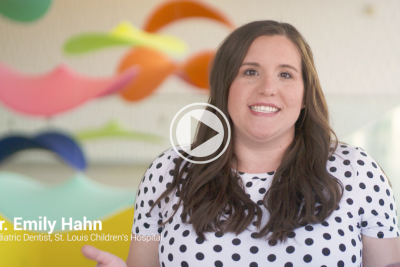Whether your child is going into kindergarten, middle school, high school or you’re just moving to a new area, choosing the best educational setting for your child is an important decision. As a pediatric neuropsychologist and parent of two preschoolers, I see firsthand how different children can be in their personalities, learning styles, and rates of development. Families of course also vary in terms of things they value and find important for their child’s education, as well as their particular family’s situation (financial factors, distance to school, etc.). Some parents may be weighing traditional schooling versus homeschooling, or are considering various private, charter, or public schools. Other parents are committed to public school and may not have a choice based on their home district. Whatever situation your family is in, I believe parents are key players in their child’s education. You should have a voice in the process and be an advocate for your child from the very beginning. In this regard, here are a few points to consider:
- Start early. Many schools start enrollment in January for the upcoming academic year.
- Visit, if you can. Some schools offer formal open houses or visits for new parents, while others ask that parents call and schedule a one-on-one school tour.
- Seek information from a variety of sources. Ask to speak with the principal, various teachers, parents of current students, etc.
- Consider the type(s) of curriculum and primary learning methods used. Ask about technology used in classrooms. Ask about specific student outcomes.
- Ask about specific resources that your child may or may not potentially need in the future. What type of services and accommodations do they provide for children with different learning needs? Are there special education services, Response to Intervention (RTI/ tier services), Title 1 program, etc? Are there enrichment opportunities, such as a gifted program?
- Consider the types of extracurricular opportunities included during the school day, as well as available after-school activities.
- Think about schedule considerations. Would your child benefit from year-round education if available in your area? Are there affiliated summer school programs? What before and/or after school care programs are available?
- Don’t be afraid to ask questions. You know your child best.






Comments